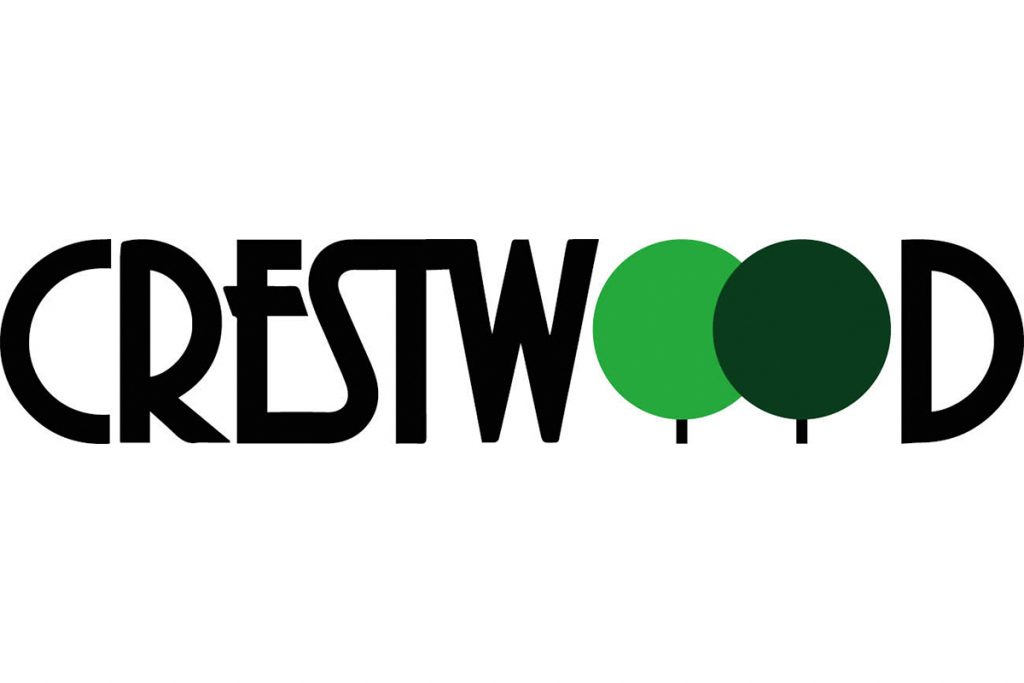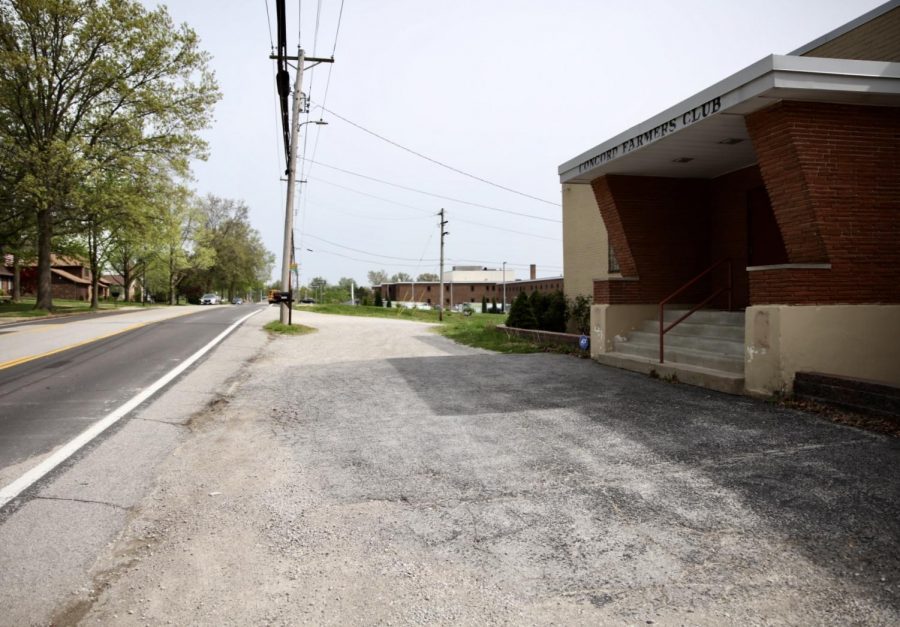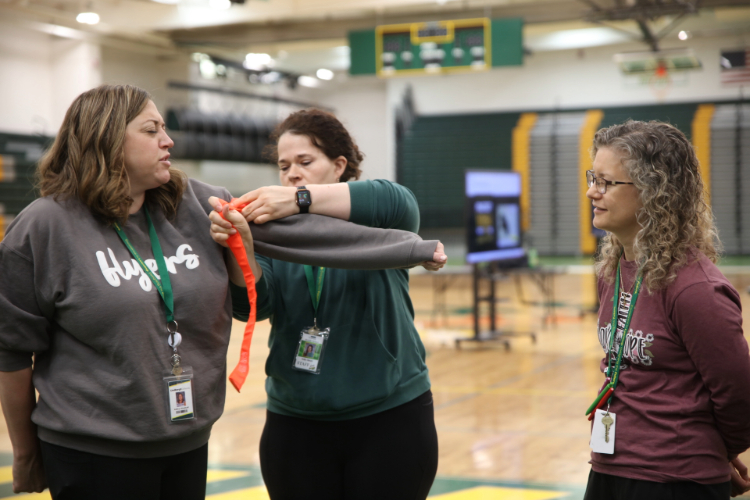The Lindbergh Schools Board of Education moved forward with the first step of their new equity and diversity training last week with a presentation on how and why the training is being implemented. The training is part of the district’s new partnership with The Core Collaborative, an equity-focused school consulting agency.
Last month, the Board of Education voted unanimously to move forward with a $47,600 dollar contract for diversity, equity and inclusion training for Lindbergh teachers and staff. The district is partnering with The Core Collaborative and its partner consultants Floyd Cobb and John Krownapple, who will provide teacher education sessions during the school year.
Lindbergh Superintendent Tony Lake said in 2018 administrators polled the Lindbergh community for their most important success measures. The top five in order according to the 1600 people surveyed were high-quality teachers, social and emotional well-being of students and staff, student mastery of collaboration, communication, critical thinking and creativity, personalized learning and student satisfaction.
Lake said the new training compliments a lot of these key success measures.
“When you think about this inclusion, diversity and equity training, it hits at the heart of social and emotional learning of our staff and students, as well as that student satisfaction,” Lake said. “This isn’t something where we randomly decided ‘Oh my goodness let’s do that,’ it’s been a process of three years through community engagement.”
Lake stressed the importance of board transparency when making decisions and said the more the community knows, the better.
“The more people that know what we’re doing, the better off we are. We want to be transparent. We want everyone to know what’s going on with our work. That’s really the culture we’ve tried to commit to,” Lake said.
The board was visited by Cobb and Krownapple via Zoom at a board workshop July 13, and the two presented some of the main ideas and basic beliefs in their book “Belonging Through a Culture of Dignity: The Keys to Successful Equity Implementation.”
Key themes included the concepts of belonging and dignity, which Cobb said are what many discussions about equity “boil down to.”
Krownapple explained what is called the “the dignity framework for educational equity,” essentially what dignity looks like in use.
“There are 10 essentials that we all want from each other and can give to one another,” he said.
These include things like the benefit of the doubt, recognition and acceptance of who someone is. Krownapple also showed what the opposite of belonging and dignity may look like. The presence of judgement, denial, intolerance and apathy can violate dignity and lead to “othering” — essentially the opposite of a feeling of belonging. He said using these ideas can help schools identify where the good and bad parts of an administration are.
Cobb said belonging should be seen at three levels within a school district: interpersonal, instructional and institutional. These levels help show where work can be done and help create a clearer picture of where changes can be made.
Jeremy Mapp, the district’s inclusion, equity and diversity director, said there are three series of training sessions by Core Collaborative for district employees as the school year goes on, and each will focus on building understanding and setting goals and visions for the future.
The board was given the chance to ask Cobb and Krownapple questions regarding the presentation or their book.
Treasurer Mike Tsichlis, who read Cobb and Krownapple’s book ahead of the board’s approval of the consulting contract last month, raised concerns that the training could leave some people feeling alienated through categorization, but Krownapple said the point is to avoid that type of categorization.
“Reducing people to those categories is a textbook example of violating dignity, and that’s not something we want to be a part of at all,” Krownapple said. “It’s antithetical to what we are all about.”
Board President Mike Shamia asked Cobb and Krownapple to explain how the training would impact students’ ability to receive a high-quality education and their future success outside of school.
Krownapple said the work Core Collaborative does transcends schools into the corporate world.
“What you’ll see is that when belonging is high, people are more engaged, and when they’re more engaged they perform better,” he said.
He said when the opposite is true, and people don’t feel a sense of belonging, there is a significant negative impact on health and academics. He said a sense of loneliness over time can be equivalent to smoking 15 cigarettes a day, health-wise.
Chief academic officer Tara Sparks highlighted the Missouri School Improvement Program’s policy regarding diversity training — “the school system promotes respect for individual differences (e.g., diversity training, diversity awareness, policies, and procedures).”
Sparks said Lindbergh is in the process of aligning with the program before its official implementation in 2022.
The public was allowed the chance to weigh in on the new training at the regular school board meeting later the same day.
Jason Fry, a representative of the Lindbergh Equity and Diversity Coalition, welcomed Mapp to the community and thanked the board for the creation of his position, but said this is just the first step for the district.
“We are encouraged by the creation of this D, E and I position, but Lindbergh has a long road ahead to truly transform our community. We have heard from many of our BIPOC (Black, Indigenous, people of color) members that Lindbergh can feel like a very lonely, and sometimes hostile, place,” Fry said. “LEAD has been a point of connection for many BIPOC families in our community and we hope that we can extend that space to Dr. Mapp and his family.”
Several parents said the board’s recent policy and curriculum decision making is influenced by politics, and by extension Cobb and Floyd’s aforementioned book. Martha Duchild said she read the book and believes it contains political bias, despite the board’s assurances.
“With assumptions like ‘The very structure of society is racialized,’ affirmations that self care is an act of political warfare, as well as the exhortation to reshape not only school culture, but society at large, it’s clear that the material is rooted in social justice dogma,” Duchild said. “It can not have escaped the board’s attention that the use of this book for professional development training has brought the culture wars into the board chambers. Within this context selecting this book can be seen as taking sides.”
































